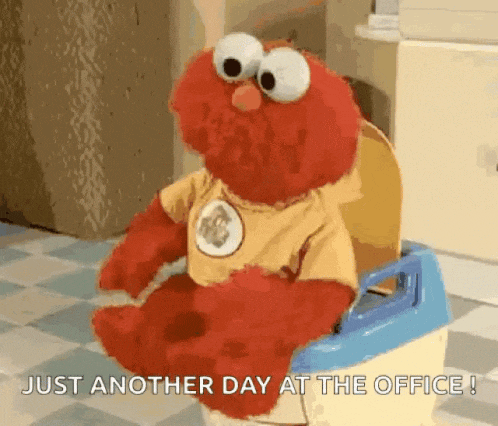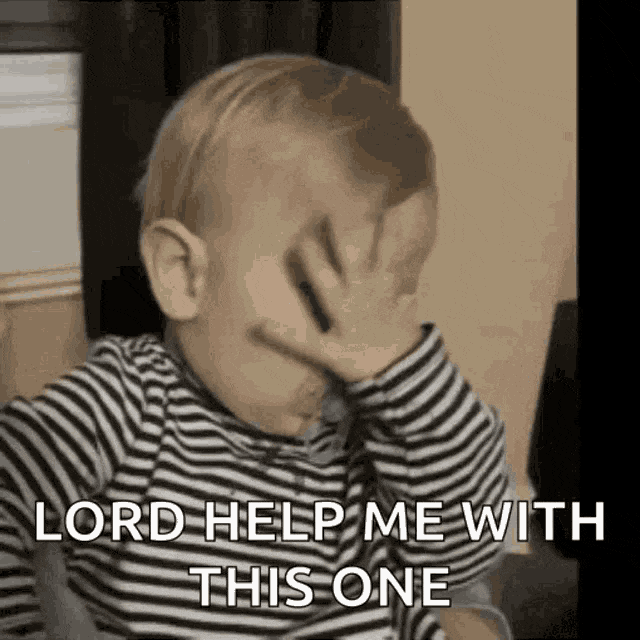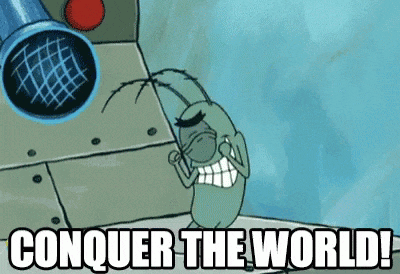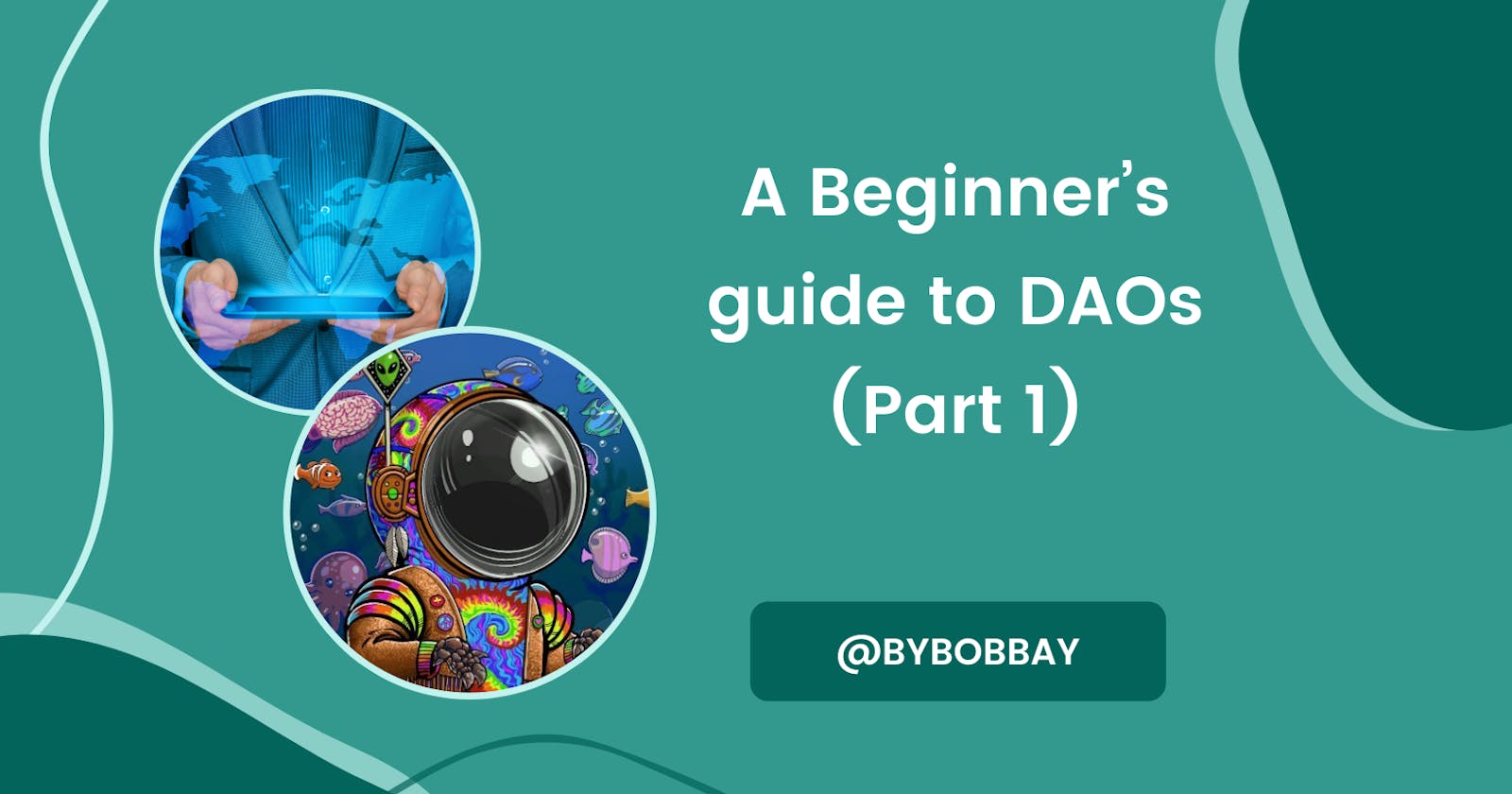What is a DAO?
Before we even dive into DAOs, first, we need to understand what a DAO is. The first part of my two-part post will cover what a DAO is and how it compares to a company.
DAO stands for Decentralised Autonomous Organisation.
A DAO focuses on a mission that coordinates with a specific set of rules enforced through the blockchain using smart contracts. A DAO aims to act as a different type of company. It is not here to replace companies but provide another option to users.
DAOs have officially been here since 2016 when the first DAO was called ‘The DAO’. Some would argue that Ethereum is technically a DAO, but that is an argument for another day.🥱

DAOs went unused for a while due to The DAO hack. Since then, people have seen the power of DAOs, and over time it has become easier to create DAOs and keep them safe. Someone could make a DAO in four steps with minimal money. The critical component is having a solid and committed community.
In this post, we will highlight some of the following key differences between DAOs and companies:
- Hierarchy
- Transparency
- Governance
- Global
- Payment
The sequel to this post will detail the history of DAOs and break down specific use-cases of DAOs.
Key differences between DAOs and companies.
No hierarchy in DAOs
Companies have a hierarchy involved. There is always a CEO, managers, employees etc. It works like a pyramid, but there is a consistent leader. People will always answer someone else, and the final decision rests on the top dog.
This is much different in DAOs, as there is no hierarchy. No one has the final say on what passes because everyone is treated the same and has an equal vote. This concept means that the proposal that benefits the most people will ideally get passed, rather than the ones that benefit the rich or the least.
People are ideally rewarded for their contributions rather than their titles. Anyone can contribute to a DAO and work their way up the ‘rank’ of respect. Those who contribute meaningfully will be recognised by their community and become respected, but they do not become a ‘leader’ or such.

Instead, people can become ‘managers’ or ‘champions’ of a project and lead it, but it will have to pass through a proposal to become true like every other major decision. DAOs seem to be about working as a team rather than letting one person have the glory of being a ‘leader’.
It can be a significant mindset shift for those who are used to being the leaders in their companies' IRL because, for every decision, you will have to go through a slow process of proposing it to the DAO.
Transparency
As DAOs live on the blockchain, this means their entire organisation is completely open for everyone to see. This aims to reduce the risk of corruption and censorship, as anyone who can read transactions will identify whether a DAO is not compliant with its rules.
A DAO is built on a smart contract. A smart contract defines the rules of the DAO, which they must follow to make amendments to the DAO, such as spending the companies money on marketing or employment. As soon as the smart contract is deployed to the mainnet and lives on Ethereum, no one can change the rules of the smart contract except for a company vote.
One can attempt to break the rules of the smart contract and spend money without following the rules; however, due to the logic in the code of a DAO, this will action will naturally fail. The first official DAO got hacked, losing around 3.6 million ETH out of 12.1 million ETH, as the hacker found an opening to spend the DAOs treasury without the group's approval.
Due to improvements, it is now impossible (we hope) for someone to spend the DAOs treasury without the group’s approval.

This concept means that a DAO needs to collectively decide via a vote whether they should spend the money from the treasury. If it is passed, the company has the approval to spend the funds in the manner specified in the proposal, which can be verified through the blockchain.
Provide members with a voice through governance
Usually, members or investors of a company do not always get a chance to vote on changes to a company. This is not the case in a DAO.
A DAO may use tokens or NFTs to access their discord or telegram community and invest in the DAO. Those tokens or NFTs may also act as a vote in proposals. One token = One vote.
Letting everyone vote for a proposal can be quite time-consuming and a long process. This can lead to a much slower response compared to companies. However, you gain the advantage of being decentralised and allowing everyone to have a say.
A typical path to pass a proposal looks a bit like this.
- Discuss informally in the DAO chat on telegram/discord/slack
- Post it on the forum (RFC - Request For Comment)
- Improve on feedback
- Post it on the discourse forum as a proposal (If successful, then move to the next step)
- Post it on Snapshot for a soft vote (Uses NFT/token for an off-chain vote)
An off-chain vote means that it will read your wallet for a token to ensure you have DAO access, but as it is off-chain, there will be no cost associated with completing the vote transaction.
- Post it on Tally for a hard vote
This is an on-chain vote and requires a transaction cost. An on-chain vote can also affect the blockchain smart contract, called a ‘hard vote.’
Finally, amendments will be made.
As you can see, it is a pretty long process, but this is the price you pay to become decentralised. Voting proposals on snapshot can last between 3 days, seven days or 14 days, which is quite an extensive range and can lead to fast or slow turnarounds.
Three-day voting proposals can be a bit too fast for people as those who work full-time jobs and have families with other commitments may not always have a chance to keep up to the date with the DAO and read enough on a topic to provide a knowledgeable vote.
Fourteen-day proposals can also be considered too long, especially if you factor in forum talk, amendments etc. This could cause a DAO to act too late, and especially in web3 fields such as DeFi, 14 days could mean a lost opportunity.
Global
DAOs are fully remote and allow anyone to join and contribute to a DAO. If you have an internet connection and the required token/NFT (if necessary) to join, you are set. Many people act through a pseudonymous name, and people have no issue with that along as you contribute.
This is entirely different from a company where you must doxx yourself to work for a company and work set hours. DAOs enable you to contribute as little or as much as you want. Work 4 hours a week or 20 hours a week, and you’ll get paid for how much you contribute. We will cover payments in the next section.
Most DAOs will have members based worldwide because they aim to connect those who share similar missions; therefore, it is borderless. No one cares where you come from, who you are (age, gender etc.) along as you share the same goals and want to contribute to that aligned mission.
Live that nomad life and work for a DAO or 2 DAOs. The world is your DAOyster.

Payment
Payment is something unique in DAOs. It’s based on contribution rather than a set time, which is different from the traditional world. Typically, someone is paid for a set time of work regardless of the quality, but DAOs will reward work based on the quality of the contribution rather than the normal 9-5.
For example, if Bob contributes a lot to a DAO and completes a few bounties one month, he could be paid a couple of thousand dollars or so. However, if in the next month, if Bob decides to work less due to his crypto Twitter addiction, then he won’t be paid. These bounties are trying to create a more fair distribution of salary rather than paying people who are not working and paying those more when they deserve it.
There are various tools that DAOs will use to identify how much to pay someone and how to send them their payment in a simple way. Here is a list of tools that DAOs might use to manage their money and send it:
If you are an employee and getting paid by a DAO, it is not necessary to know how these tools work, but it is helpful to be aware of them.
Conclusion
Hopefully, this post clears up a few misconceptions about the differences between DAOs and companies. DAOs are still new, and many new tools and frameworks are being created, so some of these tools could be invalid or improved by then. In the next post, we will dive deeper into the history of DAOs and break down specific use-cases of DAOs.
